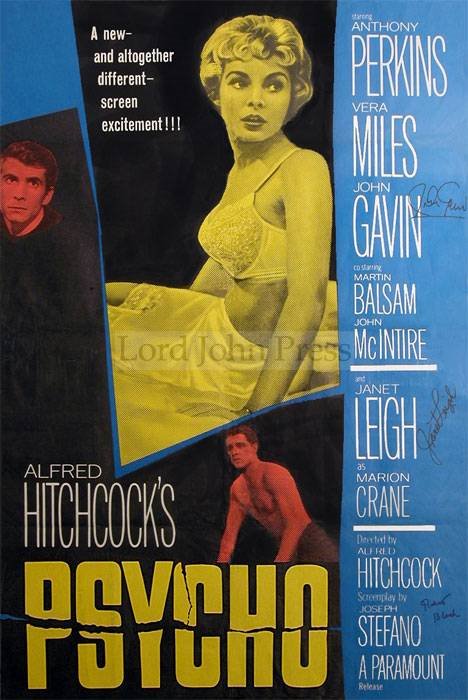In the early 1980s at Imagine Software in Liverpool I was trying to give customers the most possible added value in the packaging content. The idea was to add more and more folds to the cassette inlay card, each with additional information. So I wrote a company profile for one fold and a profile of the game’s author on another and so on. Eventually, as more people became involved on each game, it became possible to concoct a list of credits to put on yet another fold. This may (or may not) be the first time this was done with a video game.
I liked credits because they gave the picture of a team behind the game, thus adding to its perceived value. Artists and musicians were obvious additions but I even put the tea trolley girl on the list, which pleased her greatly. This is nothing more or less than the film industry has done for years. They really do go to great lengths for the maximum credit list, no matter how insignificant a person’s contribution.
Games now have production teams that can be bigger than those for a film. So the credits have grown. However the implementation of these credits within our industry is still shoddy, inconsistent, unprofessional and badly thought through. Both from a marketing point of view and from the view of looking after your staff properly. The credits policy varies wildly throughout the industry, from zero recognition of any one’s input to a massive list of everyone possible, and all possible permutations in between.
One unfortunate practice is to only include members of the team still employed by the developer at the end of the project. And to leave out anyone who has left the team to work elsewhere. This is especially harsh on an MMORPG which can take a few years to produce. Here someone can put two or three years of their life into a project and still not get a credit. This has reared its ugly head once more with Mythic and their game Warhammer. The International Game Developers Association (IGDA) are not happy and their chairperson Jen MacLean said: “This policy is disrespectful of the effort of the game developers who worked on the game, and misleads both consumers and game industry peers.â€
Equally misleading is the habit some companies have of giving production credits to senior management, even if they had nothing to do with the game. One of the worst for this was Bruno Bonnell, when he was in charge every Infogrames game was “A Bruno Bonnell Production”, even if it was created by a company that he had recently bought, so he could not have had any input whatsoever.
It is obvious that what is needed here is standard industry practice. A set of guidelines for credits for all publishers to adhere to that gives game purchasers the true story and which rightly looks after the people whose creative input makes the whole industry possible. Surely as an industry we should be mature enough to get this right.

Permalink
The IDGA do have a standard of how to deal with credits. Quite a few people follow it, or some have their own that are equal or better.
This has annoyed a lot of people in industry, and many developers will keep in mind the companies that are bad with credits when they consider them for employment. This should be enough to get credits back in line, just like the improvements in QoL now developers care more about that, but it could do with more backing and information from organisations like the IGDA.
In other news, Blast Entertainment, publisher of supermarket fillers don’t allow in-game credits any more. I think this is terrible because they tend to be the only credits people read. I’ve also seen at least one of their games where they forgot to add the development team to the manual credits but left the credits of their senior management and the testers.
This is stupid because they kinds of people who makes games for companies like this tend to be new to the industry and trying to get some experience under their belt. If you’re not going to get credit (and probably not paid much) then there is little point in working on these games.
Permalink
Like it principle Bruce, although there are flaws with your opinions. Ever played a Metal Gear Game? After the drawn out, confused cut-scenes, you then have to sit through the ending credits of all those involved (programmers, artists, mistresses etc.) in order to sample the “sixth sense” style twist to the ending. You know how long that takes? God I would hate for that to take off lol.